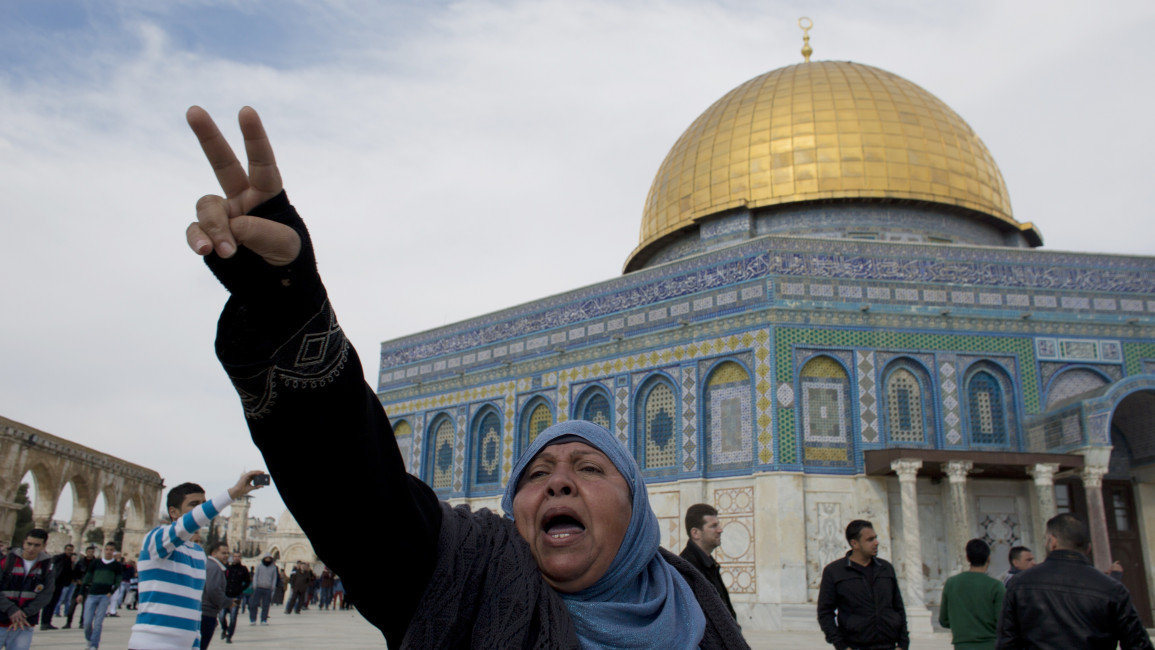Jerusalem unrest 'wounds' Jordan-Israel peace: Amman
The ongoing tension over Jerusalem's flashpoint al-Aqsa mosque compound is inflicting a "stab wound" on the peace treaty between Jordan and Israel, Prime Minister Abdullah Nsur said on Sunday.
"Israel and Jordan are committed to peace and to respect the peace treaty, but this commitment is not just applicable to one side, it is a commitment by both," Nsur told reporters in Amman.
Last week, heavy clashes raged at the mosque compound in Jerusalem's Old City as Israeli police faced off with Palestinian stone-throwers, prompting Jordan to recall its ambassador in protest.
"What is happening is a stab wound to the idea of peace," Nsur said in remarks just two weeks after the 10th anniversary of the peace treaty.
Nsur said Israel's actions at the site were the result of a "clear" policy aimed at changing the decades-long status quo at the site, which is holy to both Muslims and Jews.
"The Jordanian government condemns in the strongest possible terms the events of recent weeks in Jerusalem which are not the result of administrative errors or acts by a few extremists but rather a clear government plan to change the realities at the holy places," he said.
Months of unrest in and around the plaza have been triggered by Palestinian fears that Israel was preparing to change the status quo to allow Jews to pray there – a suggestion that has been repeatedly rejected by Israel.
Although Jews are allowed to visit the compound, they are not permitted to pray there for fear it could shatter the fragile status quo at the site, one of the most sensitive places in the Middle East.
During talks with European Union's new foreign policy chief Federica Mogherini earlier on Sunday, Jordan's King Abdullah II reiterated his opposition to Israeli "attacks" on Jerusalem's holy places.
He also called for a resumption of international efforts to revive the collapsed peace talks, a palace statement said.
Under terms of the 1994 peace treaty, Jordan is recognised as custodian of the Muslim holy sites in east Jerusalem, which was occupied by Israel during the 1967 War and later annexed in a move never recognised by the international community.



